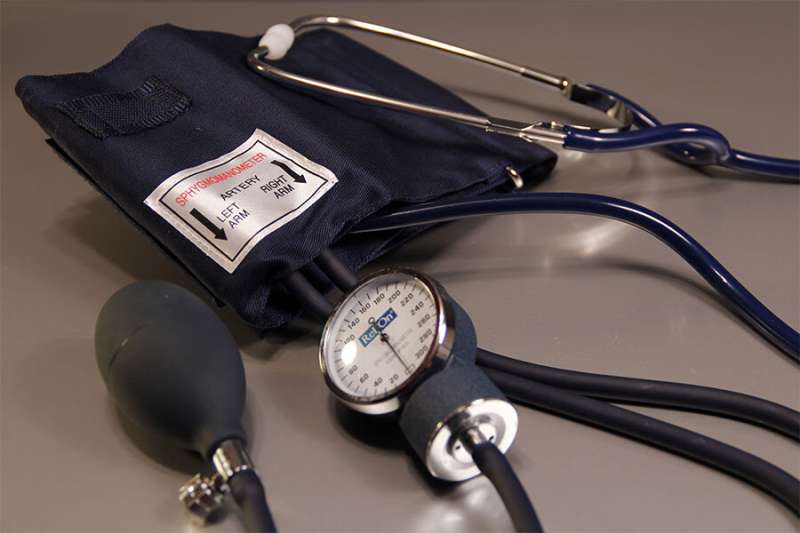Researchers make headway into the function of the heart

An interdisciplinary team of researchers from Florida State University, University of Washington and The Ohio State University have discovered previously unknown chemical changes in a protein that contribute to a heart's ability to function.
The team published their findings in the journal eLife.
"Our study examines the origins of heart failure and provides new tools and targets that can be used to alter function of a protein that drives contraction of the heart," says Michelle Parvatiyar, assistant professor in the Department of Nutrition and Integrative Physiology at the FSU College of Health and Human Sciences.
The team focused on what's called a beta myosin protein. These proteins make up chains that give muscles, including the heart, the power to contract. Using special detection methods available through FSU's Translational Science Laboratory, researchers discovered chemical changes called post-translational modifications occurring in the beta myosin proteins.
Generally, post-translational modifications—also called PTMs—play an important role in the body because they help proteins perform their functions. However, researchers believe that the PTM in the beta myosin protein is affecting the protein's ability to interact with other proteins in the heart, ultimately interfering with the way the heart contracts as it pumps blood. The team compared the quantity of PTMs in human hearts from donors who had experienced heart failure compared to non-diseased donors. They noticed that in donors that had experienced heart failure, there were fewer PTMs in the beta-myosin protein, which may contribute to the functional decline of individuals with heart disease.
Future research is planned to investigate how these modifications impact the contractile ability of these critical proteins. Understanding this dysfunction will help researchers develop future therapies to counter the effects of heart failure and improve the quality of life of those suffering from heart disease.
The FSU team was comprised of undergraduate and graduate students, faculty members from the College of Health and Human Sciences, the College of Medicine, and the College of Arts and Sciences.
Other study authors included FSU College of Medicine graduate student Maicon Landim-Vieira, Matthew Childers from University of Washington and Amanda Wacker, an FSU undergraduate researcher, all of whom were instrumental in getting the project off the ground, Parvatiyar said.
"From my viewpoint, I felt very lucky to work directly with Maicon, Matt and Amanda," she said. "They were very much a dream team."
More information: Maicon Landim-Vieira et al, Post-translational modification patterns on β-myosin heavy chain are altered in ischemic and nonischemic human hearts, eLife (2022). DOI: 10.7554/eLife.74919


















